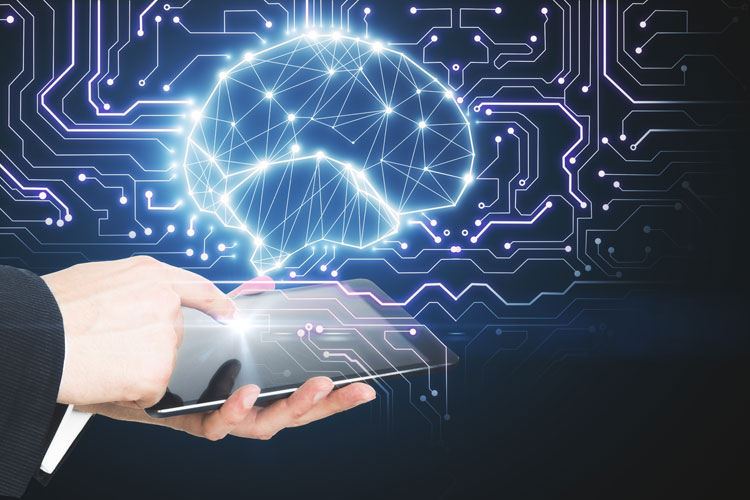
25th September 2018 Human-level artificial intelligence could be achieved "within five to ten years", say experts At the recent Human-Level AI (HLAI) Conference in Prague, Czech Republic, a poll was conducted by the full-stack AI startup SingularityNET and general AI research and development company GoodAI. The results indicate that industry leaders are extremely optimistic about the emergence of artificial general intelligence (AGI). Nearly 40% of poll respondents – the largest segment – expect AGI to emerge within five to ten years, while 28% expect it within the next two decades. Only 2% believe it won't emerge at all. The event marked the first HLAI Conference to be held in Europe. It brought together many leading thinkers in the AI field, including Irina Higgins of DeepMind, Tomas Mikolov of Facebook AI Research, and Ben Goertzel, SingularityNET's CEO and creator of the software behind the humanoid Sophia. One highlight was the "AI Safety and Societal Impacts Symposium," which focused on the opportunities and risks associated with a global race for AI. SingularityNET's survey touched on the same topic. The biggest threats that must be solved as AGI emerges, according to survey respondents, are military applications (59% of responses), followed by surveillance applications (39% of responses). Centralisation, privacy issues, and a lack of education related to AI were common concerns.
Still, respondents expressed that AI can have a positive and significant impact on numerous industries in the near future. The areas viewed as having the biggest potential for transformation were: • Healthcare (46%) "It's no secret that machines are advancing exponentially and will eventually surpass human intelligence," said Goertzel. "But, as these survey results suggest, an increasing number of experts believe this 'Singularity' point may occur much sooner than is commonly thought. Artificial general intelligence at the human level or beyond, as many respondents to our poll noted, could very well become a reality within the next decade. This is what we're working toward at SingularityNET. I've been doing R&D in this direction for 30 years now – and to those of us who have been in the field a while, it's heartening to see the world finally starting to catch up. The increasingly wide interest in AI's societal impacts is also great to see. AI is going to affect everyone's everyday life, which is why it's important that we continue to not just develop the technology, but make it accessible and beneficial to all."
Comments »
If you enjoyed this article, please consider sharing it:
|








